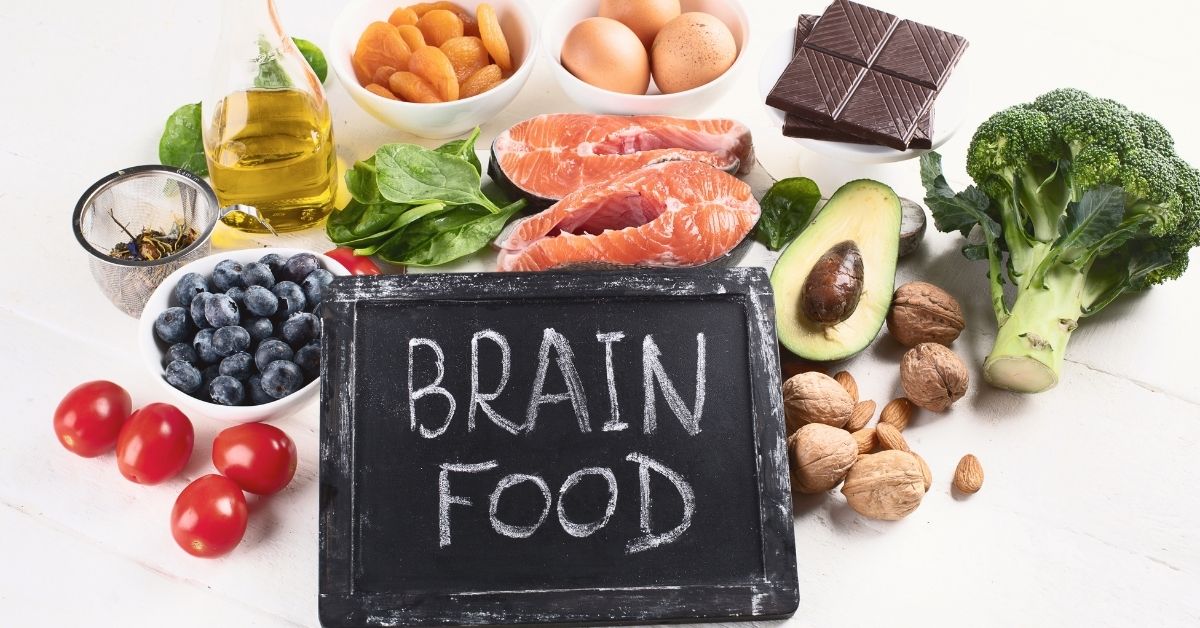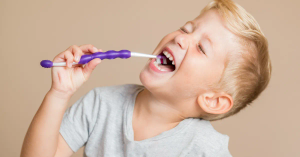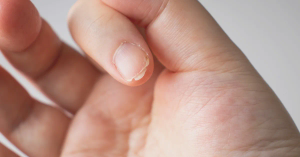As the season of examination comes closer, children from junior to senior classes start studying extensively throughout the day or even late at night. During this time, parents expect their children to study more, and under this influence, they bring everything on their child’s table to make them comfortable while studying. However, making them eat a lot of junk foods, chocolates, and unhealthy snacks proves to be more hazardous for their learning ability and health. Parents often ask us What foods are good for studying? What are the Best Foods to Boost Brain and Memory of Kids. In this article, The ParentZ emphasizes on what foods help you study better and helps your mind strengthening and regaining memory.
Such as unhealthy and oily junk foods can make you feel lazy and may bring more negative effects on your mental and physical health. Similarly, eating the right nutritious food can give you boosting energy in helping you perform better during your examinations. Here are fascinating brain food ideas that will help your child’s mind by enhancing their learning ability.
Foods that will Improve Focus and Concentration
Here are 5 best study foods and categories that may help your kid with Concentration and Memory
Fresh Fruits
If you are still wondering that what should I eat during exam period, then taking fresh fruits with natural sugar to boost your child’s energy is the easiest and best option. It includes several fruits like blueberries and avocado, which contains a higher level of antioxidants followed by other seasonal citrus fruits like oranges, grapes, pomegranate, and bananas, etc.
Dark leafy green vegetables
All the dark leafy green vegetables are full of vitamin K, which helps in building the pathways in the brain and also packed with antioxidants. Vitamin B6 and B12 are also found in them, which is useful in improving memory and alertness. Kale, spinach, beetroot, broccoli are some of these green vegetables.
Eggs
Whether you take it as boiled or fried, eggs are one of the best brain foods of the world, which is essential during the brain exercise. Include eggs in your kid’s daily diet, especially during the examination, to give strength to their minds. Along with protein, it also gives vitamin B12, which helps in converting glucose into energy in your body. Adding an egg in your child’s breakfast helps them gaining energy right from the start of the day.
Oily Fish
Fish contains a lot of protein and omega3 fatty acids, which are essential to enhance the working of the brain. Salmon, sardines, and mackerel are among the best and healthiest fishes for your child in busting their mental stress. Try to give any of these fishes thrice a week to fulfill their brain’s need. A baked piece with a toast is sufficient to give carbohydrates, protein, and vitamins altogether.
Seeds and nuts
During the examination, all you need is to fuel the brain of your child, more than fuelling the stomach. Most of the nuts, like peanut, walnuts, cashew nuts, and almonds, are full of protein and other vital vitamins that are good for the brain. You can give any of them while they study instead of offering any snacks like jam and butter. Also, different seeds like pumpkin and sunflower seeds, are among the healthy snacks for kids as it contains a high amount of minerals, potassium, magnesium, zinc, and selenium, all are useful in developing level of concentration and memorizing anything.
These foods will not only help your kids study and boost exam performance but will also help in improving memory and concentration.









